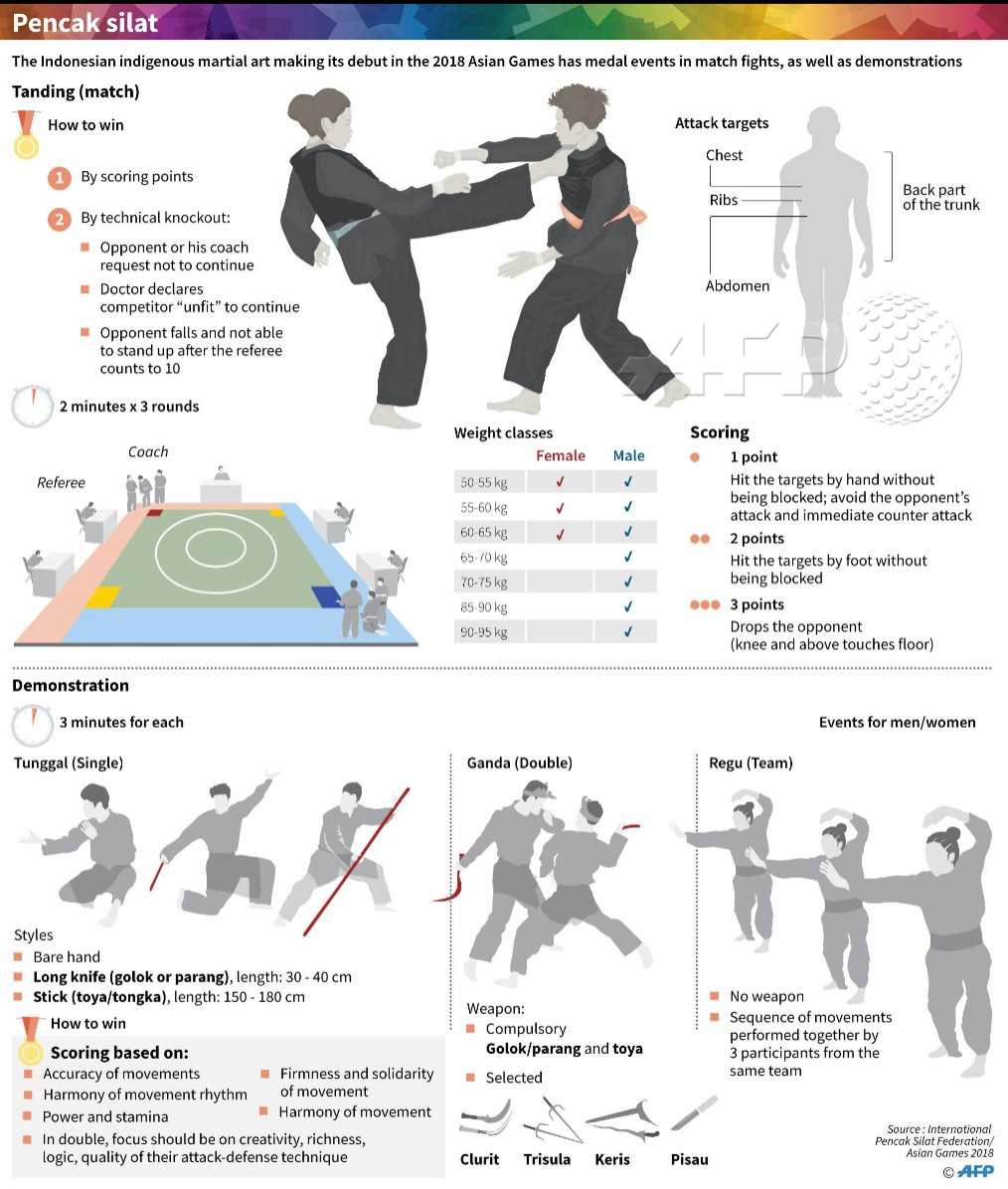The Impact Of Youthful Age Martial Arts Participation On Scholastic Accomplishment And Attention
The Impact Of Youthful Age Martial Arts Participation On Scholastic Accomplishment And Attention
Blog Article
Content Author-Jochumsen Kirby
Tip onto the mat of knowledge and uncover the concealed power that youth martial arts have.
Like a well-sharpened sword, the impact of these ancient methods on scholastic performance and focus is a pressure to be considered.
As you look into the depths of this discussion, you will discover the possibility for enhanced cognitive capacities, improved focus skills, and a significant boost in scholastic performance.
But the journey does not finish there, for real keys lie within the web pages yet to be checked out.
Improved Cognitive Capabilities
Improved cognitive capabilities have been observed in young people who join martial arts. By taking part in martial arts training, you can enhance your cognitive features such as attention, focus, and memory. The physical motions and techniques associated with martial arts require mental sychronisation and focus, resulting in enhanced cognitive abilities.
Research studies have actually shown that regular participation in martial arts can enhance data processing rate and executive features, which are essential for scholastic success. Martial arts training likewise assists to improve analytical abilities and decision-making abilities, as practitioners learn to evaluate and respond quickly to different situations.
In addition, martial arts practice advertises discipline and self-control, which are crucial qualities for efficient discovering and scholastic achievement.
Improved Concentration Skills
Just how can martial arts educating enhance your ability to focus?
Martial arts training can greatly enhance your focus skills. Via the practice of various techniques and movements, you're needed to focus your attention on the task available. This constant interaction helps to educate your mind to remain present and focused.
https://martialartslessonsforkids21009.ja-blog.com/32522901/the-mental-advantages-of-taekwondo-enhancing-confidence-and show you to shut out disturbances and maintain a high degree of focus also in difficult circumstances. The rep of motions and methods during training helps to develop muscle memory, permitting you to do actions with accuracy and effectiveness.
Furthermore, fighting styles training typically includes mental workouts such as meditation and mindfulness, which additionally enhance your ability to focus and keep emphasis.
Boosted Academic Performance
Fighting style training can substantially boost your academic efficiency by cultivating technique, focus, and self-confidence.
When you practice fighting styles, you find out to establish objectives, produce routines, and manage your time effectively. These skills translate right into enhanced research study habits and better scholastic performance.
Fighting where did martial arts originated instruct you to remain focused and concentrate on the task available. sambo martial arts boosted capacity to concentrate can greatly profit your understanding experience, permitting you to absorb and maintain information more effectively.
Furthermore, the self-confidence gained via fighting styles can positively impact your academic efficiency. Believing in yourself and having a positive way of thinking can aid you get over challenges, take risks, and reach your complete academic potential.
click the up coming web page fighting styles have a significant effect on academic efficiency and focus.
Research study shows that trainees who take part in martial arts experience improved cognitive abilities, boosted focus abilities, and enhanced scholastic efficiency.
In fact, a research study found that trainees who participate in normal fighting styles training have a 15% greater grade point average compared to those that do not.
This fact highlights the positive connection between martial arts and academic success, emphasizing the importance of integrating such activities right into the lives of young individuals.
